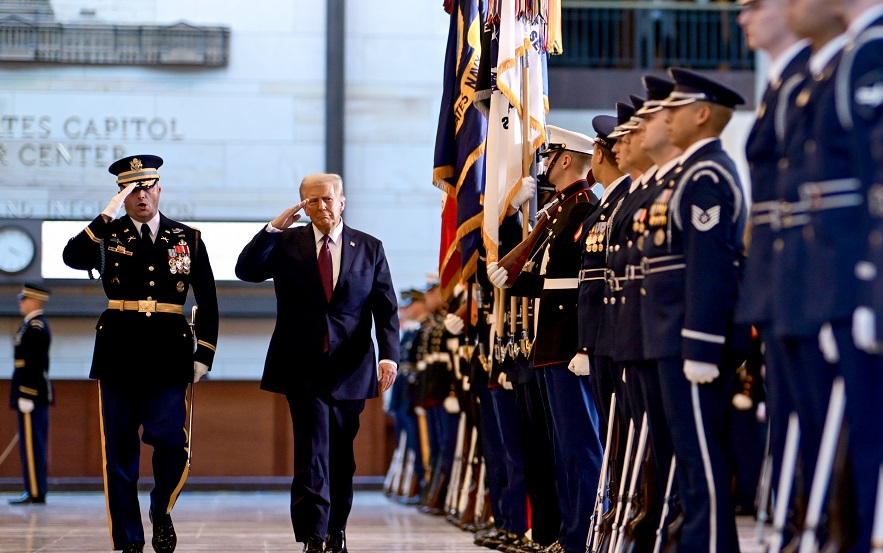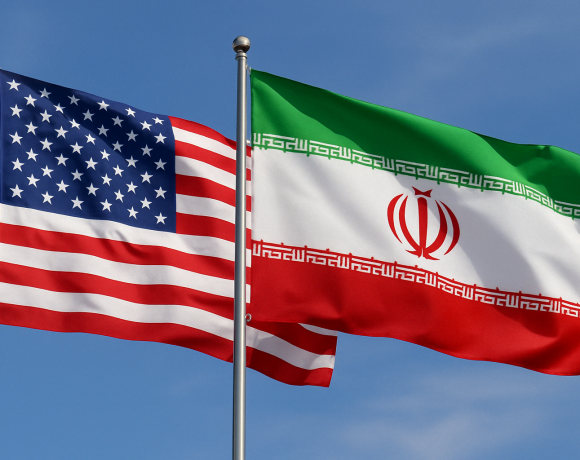
Judge Blocks Trump’s Control of California National Guard
A federal court in San Francisco has ruled that U.S. President Donald Trump acted unlawfully when he assumed control of the California National Guard during the protests following federal immigration raids in Los Angeles. The ruling marks a critical legal and political rebuke, reinforcing the limits of federal power over state military assets.
Judge Says Trump Overstepped Authority
U.S. District Judge Charles Breyer issued a temporary restraining order, declaring that Trump had “commandeered the state militia without legal justification,” in violation of the Constitution’s Tenth Amendment. The court emphasized that Trump’s directive bypassed California Governor Gavin Newsom and lacked a valid basis under the Insurrection Act, which only allows federal intervention in cases of rebellion, invasion, or an inability of local authorities to maintain order.
The protests in Los Angeles, while tense, did not meet those thresholds, Judge Breyer wrote, stressing that “peaceful protests and isolated disruptions do not constitute an emergency warranting federal military intervention.”
Appeals Court Grants Temporary Stay
Just hours after the ruling, the Ninth Circuit Court of Appeals issued a temporary administrative stay, allowing the federal government to maintain operational control of the California National Guard while the appeal is reviewed. A full hearing has been scheduled for June 17, where both sides will present arguments on the legality of the deployment.
The Department of Justice defended the deployment, stating it was necessary to protect federal property and personnel during unrest, while California officials argued it was a blatant political stunt designed to assert federal dominance over state governance.
Newsom and Legal Experts Applaud Ruling
Governor Gavin Newsom welcomed the ruling, stating, “This is a victory for constitutional federalism. The president is not a king.” Legal scholars echoed the sentiment, noting that the decision sets a precedent on the limits of presidential authority over state-controlled forces.
A coalition of 22 attorneys general from other states submitted an amicus brief supporting California, arguing the move undermined the foundational balance of powers between federal and state governments. Retired generals also expressed concern over the politicization of the military and warned that such actions could destabilize civil-military relations in the country.
Next Steps in the Legal Battle
The upcoming hearing on June 17 will likely determine whether Trump’s directive remains in effect or if control of the Guard will revert to Governor Newsom. The case could have long-lasting implications on how future presidents invoke the Insurrection Act and interact with state-controlled forces during domestic unrest.
As tensions continue between state governments and federal authorities, this legal standoff may become a defining chapter in the ongoing debate over executive power in the United States.


















